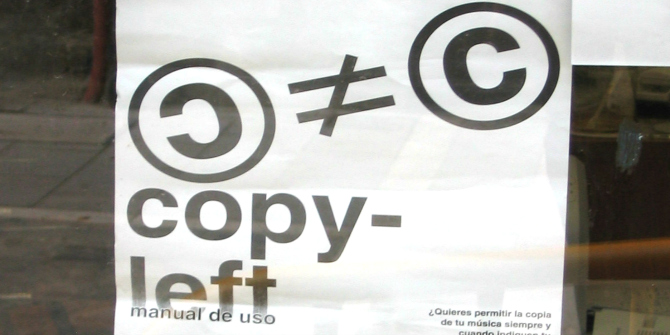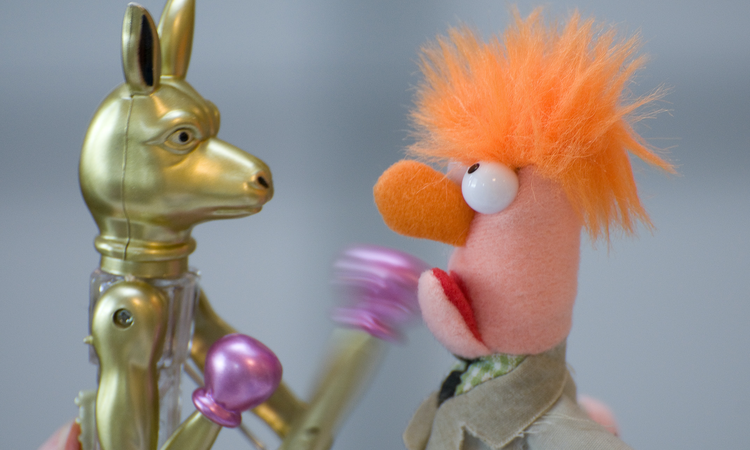Writing a thesis can feel overwhelming. In this post, Hugh Kearns and Maria Gardiner are here to help. They detail the common reasons why PhD students tend to avoid writing and counter them with strategies to counter procrastination and perfectionism.
Your thesis is probably the biggest writing task you will ever undertake. It can feel overwhelming. It is overwhelming. Writing 80,000 or 90,000 words, coherent words, that hang together and tell a story is a huge challenge. And what makes it even more challenging is that most thesis writers have never developed good writing habits. Worse, they have developed a way of writing that may have been sufficient to get through high school and undergraduate courses but cause real problems when it comes to writing a large thesis. Habits such as leaving it all to the last minute. You might be able to write an undergrad assignment the night before you have to hand it in, but you can’t write 80,000 high quality words the night before you hand in your thesis. So, some different writing habits are needed.
1.The write-up period is a delusion
One of the big mistakes thesis writers make is to assume they will do all their reading, data gathering, analysis and then have a big writing period at the end. People often say “I’ve done all the other bits, I just have to write it up. Just have to write it up! Like it was just a minor task. Writing is probably the most intellectually challenging part of the whole process. It’s not an exercise in how fast you can type. Writing is where you do the deep thinking; making sense of all the reading you’ve done; interpreting the data you’ve collected; and trying to communicate what it all means. It’s hard work so you need to start writing as early as possible. Write as you go. Start writing now.
2.But I’m not ready
Oh yes you are. You are ready. Ready right now. You may not be ready to write the final words in your thesis but you are ready to write something. If you’ve read some articles (and who hasn’t!) then you’re ready to write about them. If you’ve run some experiments, you’re ready to write about them. If you’ve got some results you can write about them. Waiting to feel ready is a big trap. It’s based on the illusion that one day the clouds will part and you’ll realise that today is the day to write the thesis. Bad news – that day will never come. Prolific writers don’t wait to feel ready. They write. The reality is you will never feel ready. But you are.
3.Write rubbish
However, when high achievers and perfectionists sit down to write what they think is that they will go from a blank page to the finished product in one attempt. More bad news – that is not going to happen. Expecting to write the final words in your thesis from scratch is a sure-fire way to kill your motivation to write. Many thesis writers spend hours obsessing over a word or looking for the killer opening sentence. This is the way to become a slow writer. The fast way is to write drafts, preferably quickly, and then rewrite and refine. Get the story clear first and then come back and add the polish. Pulitzer prize winner James Michener once said, “I’m not a very good writer, but I’m an excellent rewriter”. Theses aren’t written – they are rewritten, many times.
4.Finishing is an illusion
Thesis writers talk about working on their thesis until it is perfect or until it is finished. They want to write the final word on their topic. To capture all of their thinking, everything they’ve read and to develop an argument to rebut every possible criticism. The reality is your thesis will be bound but it will never be finished. There will always be another reference you could add, another approach, another interpretation. What do you think you will find the first day after you bind your thesis? A speling mistoke. Or too. So, stop thinking about getting it finished. Get it written. The best thesis is a submitted thesis.
5.Get your fingers dirty
People love talking about writing, attending workshops about writing, even reading blogs about writing. Anything other than actual writing. But you can’t dream your thesis. You can’t plug a USB cable into your brain and download your thoughts onto the paper. You have to sit in the chair and get your fingers dirty. You have to write. Reading is not writing. Organising your references is not writing. Writing emails is not writing. Housework is not writing. Writing means getting words down on the page or computer screen.
Writers write
So as the picture says, Theses don’t write themselves, you know. You can read as many books about writing as you like, but they will all tell you the same thing; writers write. And thesis writers have to write theses. So pencils sharpened .. let’s go.
This post is adapted from an article by the authors in the New Zealand Education Review, September 2011.
Note: This review gives the views of the author, and not the position of the LSE Impact blog, or of the London School of Economics.
Image credit: author’s own









Excellent